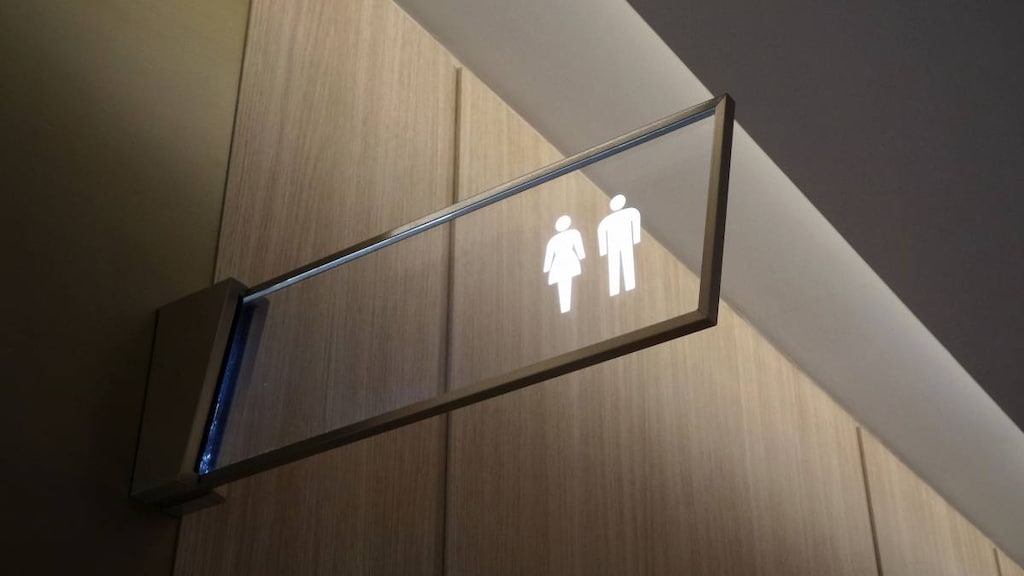
Oliguria is the medical term for passing less than 400ml of urine per day if you are an adult. For children and babies, the amount is based on their body weight (less than 1ml per kg per hour for babies and less than 0.5ml per kg per hour for children). Not passing enough urine can be a sign that there is a problem, for example, your kidneys are not functioning as well as they should, or you are dehydrated.
What causes oliguria?
There are several different conditions that may cause oliguria, for example:
- Dehydration: the most common cause especially following vomiting or diarrhea
- Anaphylactic shock following an allergy
- An obstruction, such as from scar tissue, kidney stones or a tumor
- Burns
- Blood loss
- Kidney disease
- Medications such as non-steroidal anti-inflammatory drugs (NSAIDS; including aspirin, ibuprofen, diclofenac), antibiotics, cancer treatments, angiotensin-converting enzyme (ACE) inhibitors and contrast agents
- Septic shock following an infection or surgery.
How is oliguria diagnosed?
Your doctor will take a history and ask you about your symptoms. They will ask you about your fluid intake and how often you are peeing and may decide to monitor your fluid intake and output for a few hours.
They may conduct a physical examination and take a sample of your urine for testing. Sometimes other tests may be performed (such as an ultrasound) to check how your kidneys and other organs are functioning.
How is oliguria treated?
Treatment depends on the cause and how severe your condition is. Dehydration may be treated with fluid and electrolyte replacement; sometimes this may need to be done through an intravenous (directly into the bloodstream) or subcutaneous (under the skin) line.
Other treatments include:
- Medications to relax the bladder
- Lithotripsy (using sound waves to break up kidney stones)
- Medication changes
- Surgery
- Dialysis or organ transplantation in very severe kidney disease.




